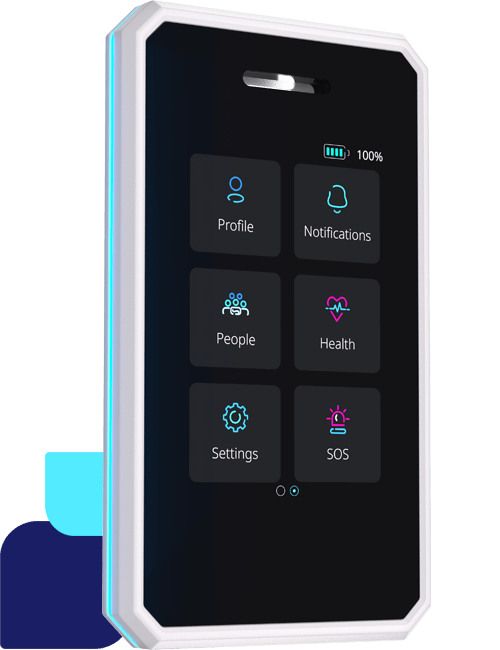Many organisations look to software services to help improve the way they do things. With so many solutions out there, it is extremely easy for organisations to quickly be subscribing to lots of services. Subscribing to multiple services can be challenging, and not just for the end users. In this article we look at the challenges you might end up facing.
Additional cost control
Subscribing to several services can be very costly. Firstly, you miss the negotiation advantage of buying a larger package from one supplier alone. You also have added costs of training employees on multiple systems, both financial cost as well as the employee time away from day-to-day operations. You might find a single supplier can offer training on several of their packages in a condensed session, instead of several sessions spread apart from differing suppliers.
Oh, and you will probably want to pay for a single-sign-on solution too.
Potential data protection problems
It’s often more difficult to manage and protect data moving between suppliers, than it is to protect data held by one supplier alone. You might find that if your potential suppliers are based in different countries with varying data laws, you might have to make amendments to your terms and conditions and contracts going forward. Any amendments would need to cover you from a legal perspective to stop you from getting into trouble with data protection enforcement, which can lead to large fines, as well as reputational damage. Subject data requests can become more complicated to handle. And don’t forget, auditing the varying systems can end up taking longer and be more difficult as well than if you are auditing systems from one supplier alone.
Muddling through managing multiple accounts
Your data, IT and finance teams will not thank you for the headaches they will get trying to manage data requests, technical problems, as well as keeping up with payments if they have several suppliers to deal with on a regular basis. Any discrepancies or delays can easily escalate into a bigger problem than they need to be. Your IT team will also have to regularly check and install available updates. They might then end up troubleshooting if updates hinder how systems work together.
Integration issues
You might struggle to integrate systems from multiple suppliers. Worst case scenario, the suppliers won’t, or cannot integrate their systems. Alternatively, you could end up paying hefty fees to developers or systems integrators to enable the systems to work together how you would like. Not only is this expensive, but it can also take longer than you might think to achieve the result you are looking for. The more systems that must be integrated, the greater the time lag in data updates, which can result in inaccurate data. There is also an increased chance of system issues developing, as well as having to manage many more system updates.







